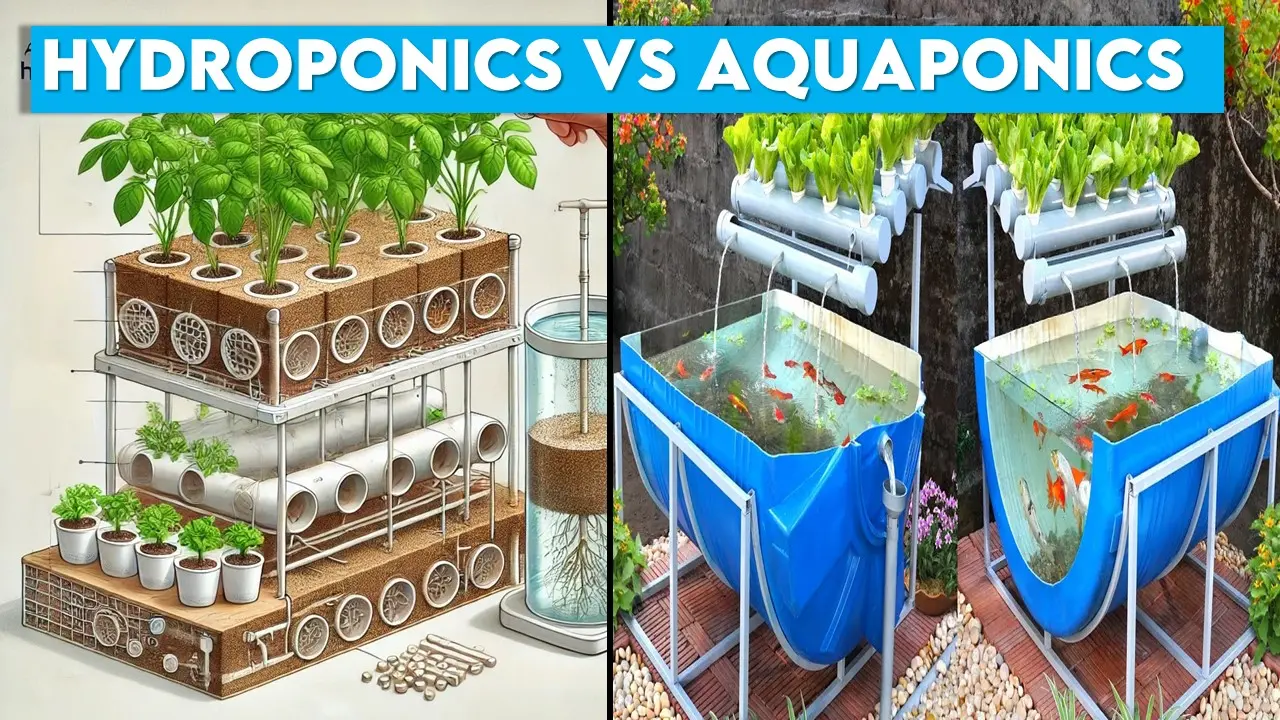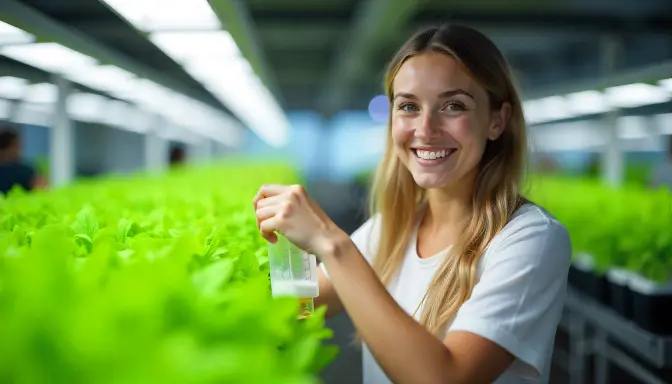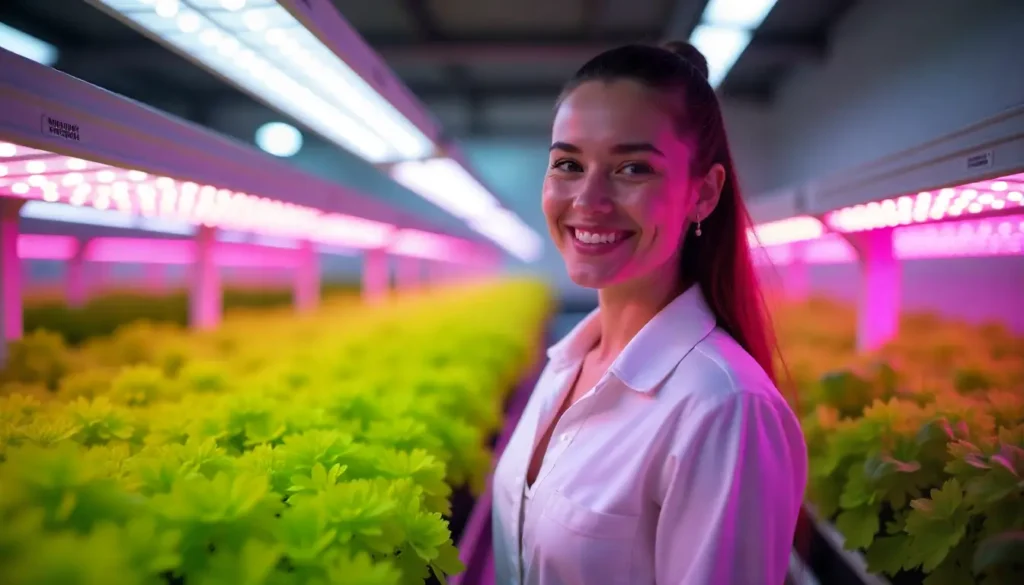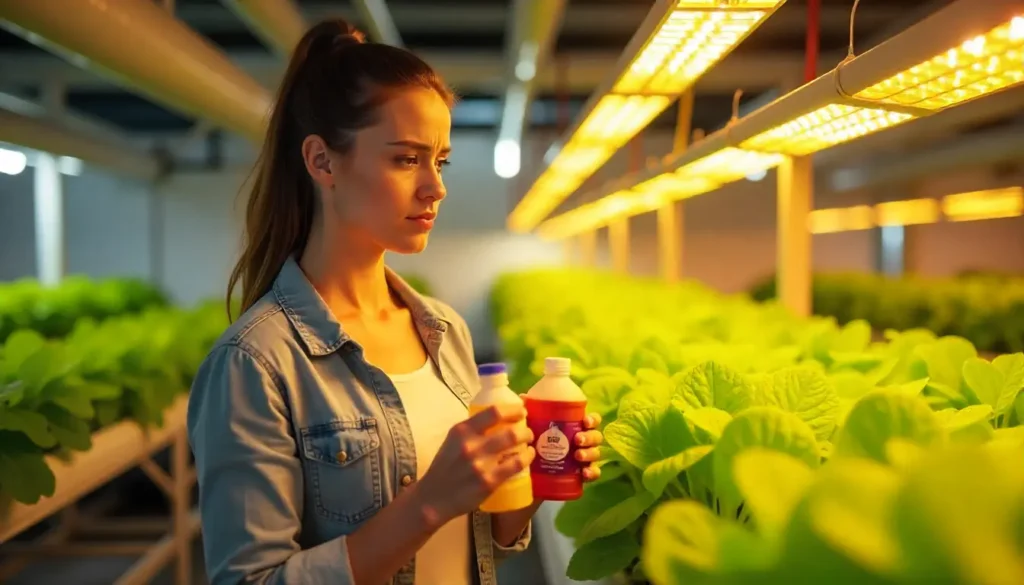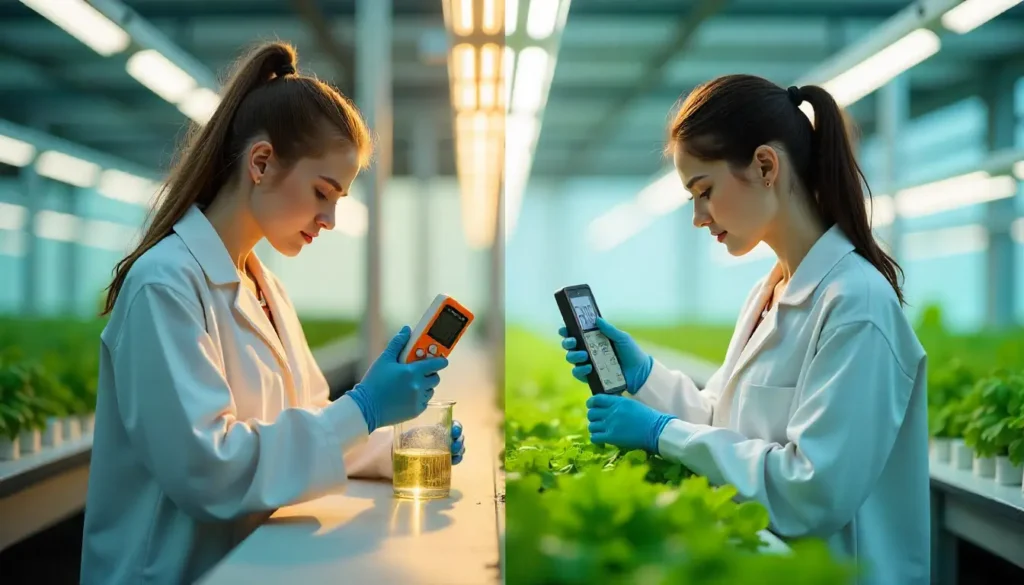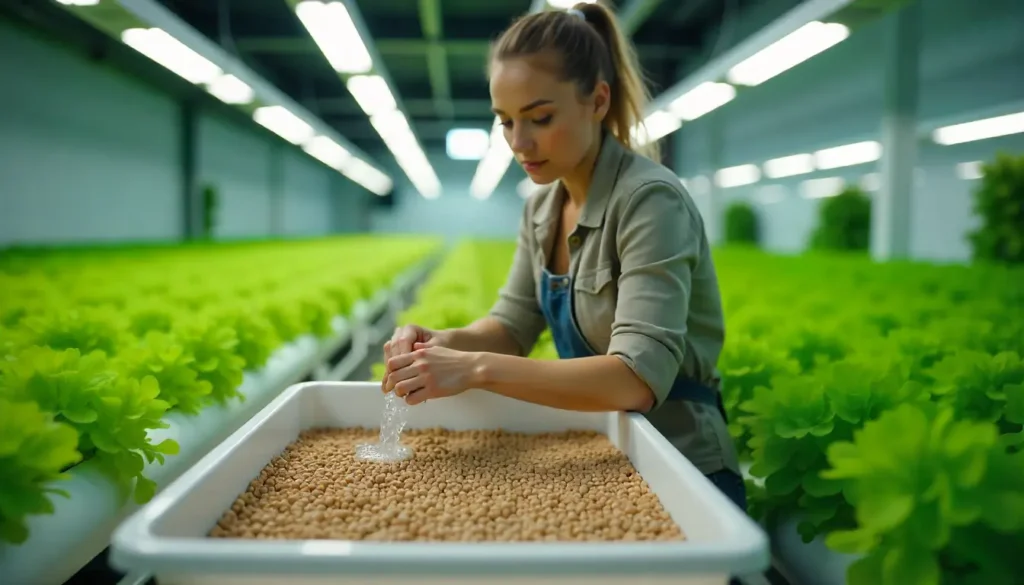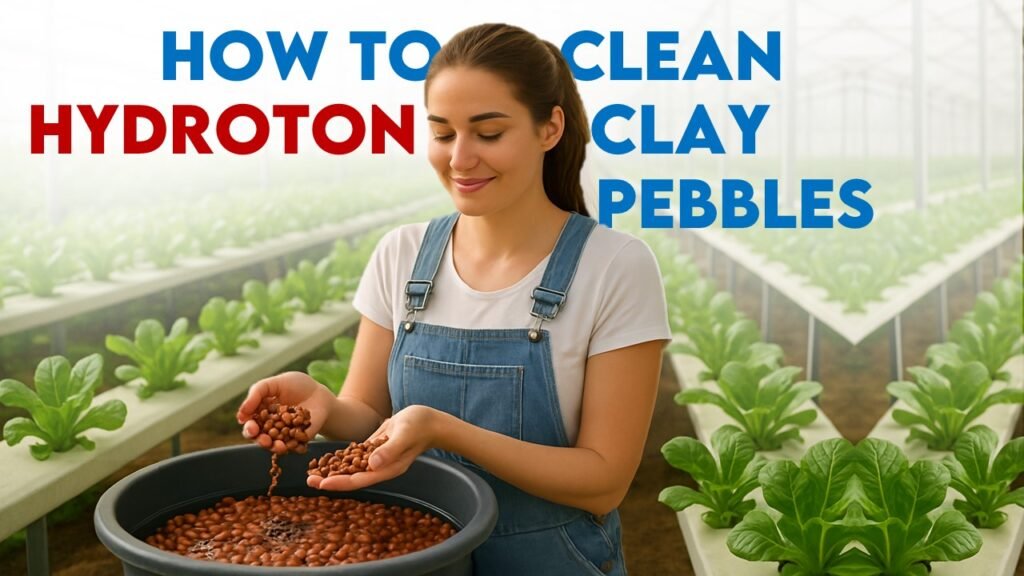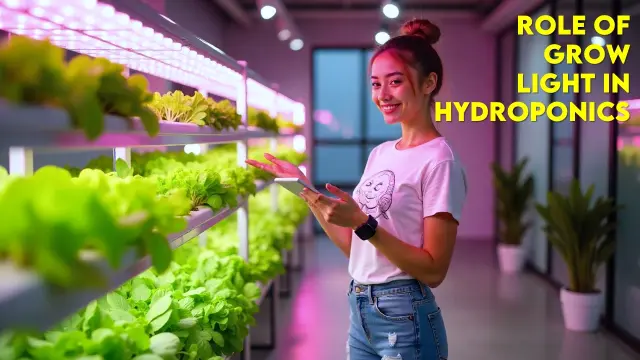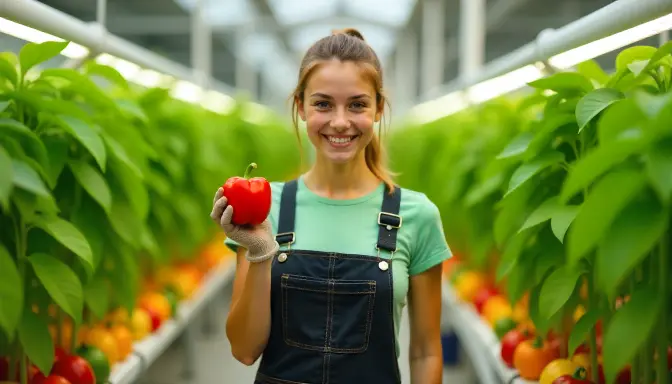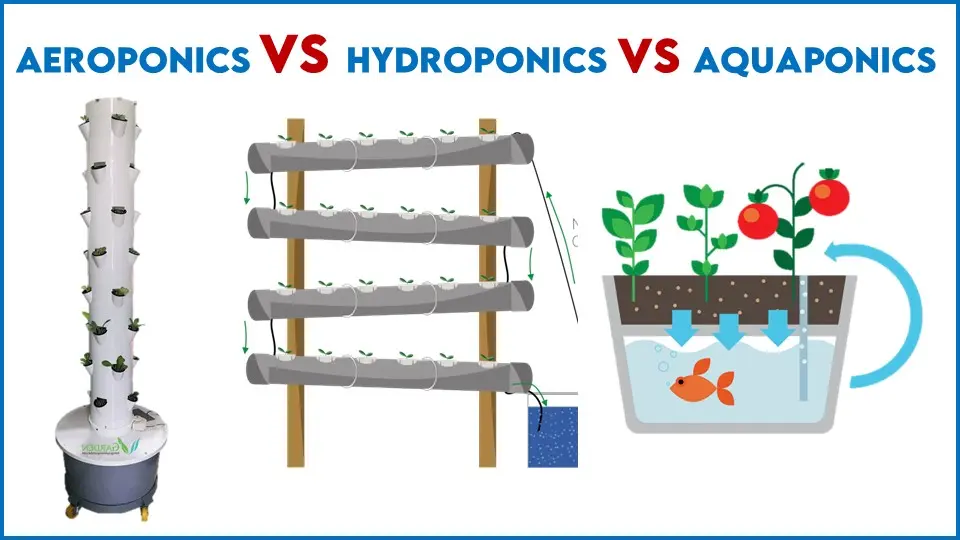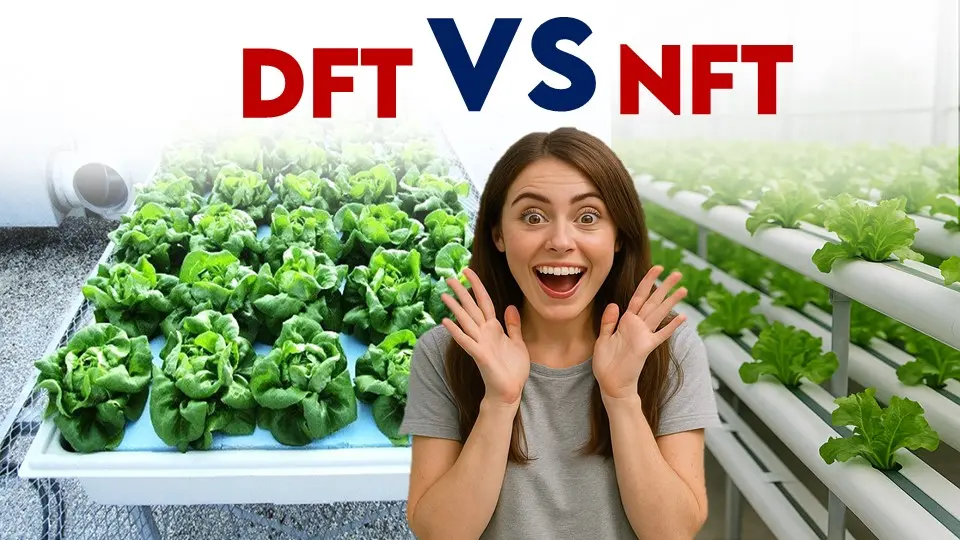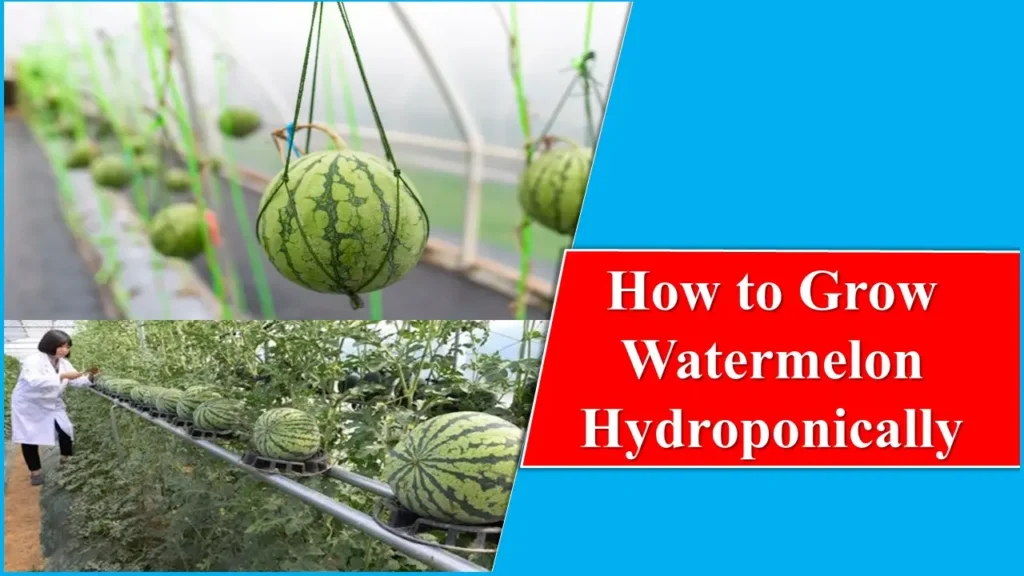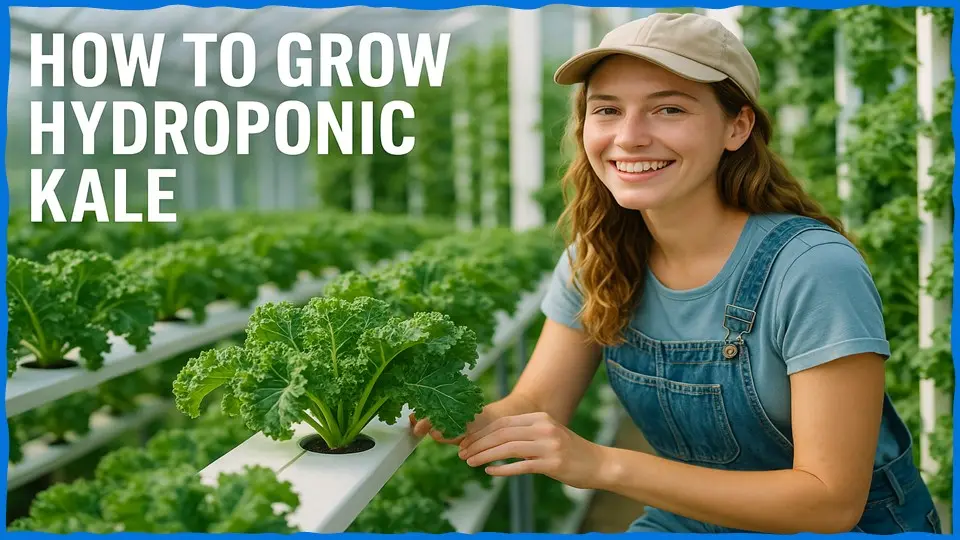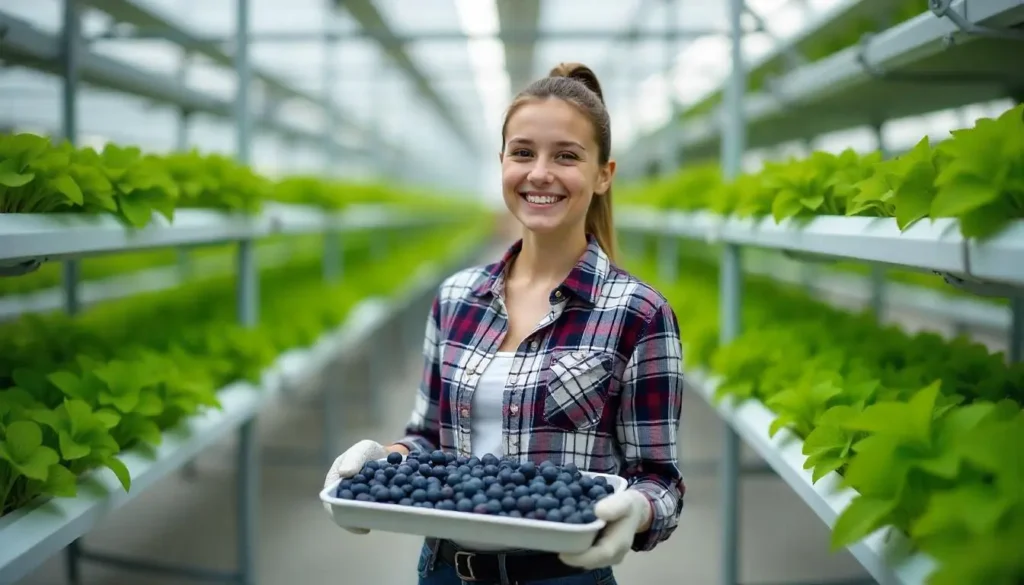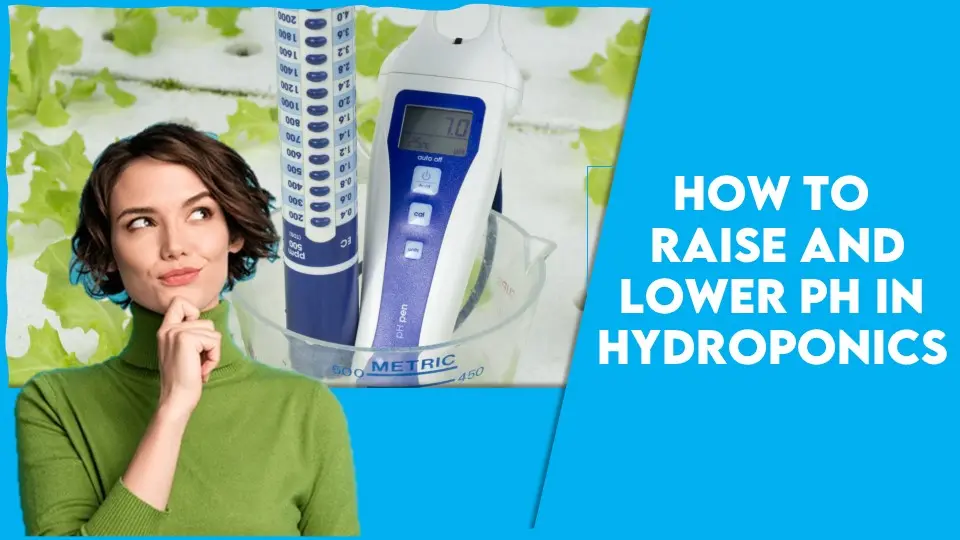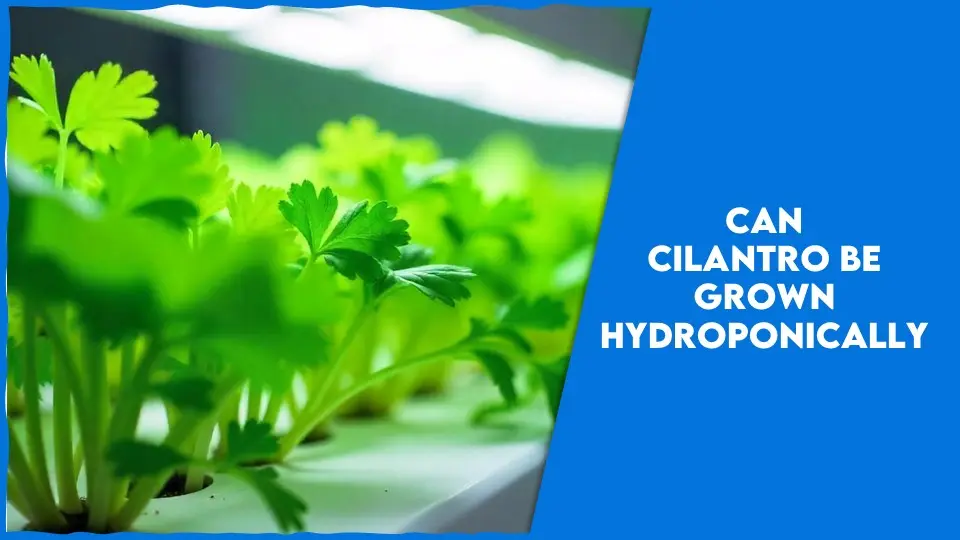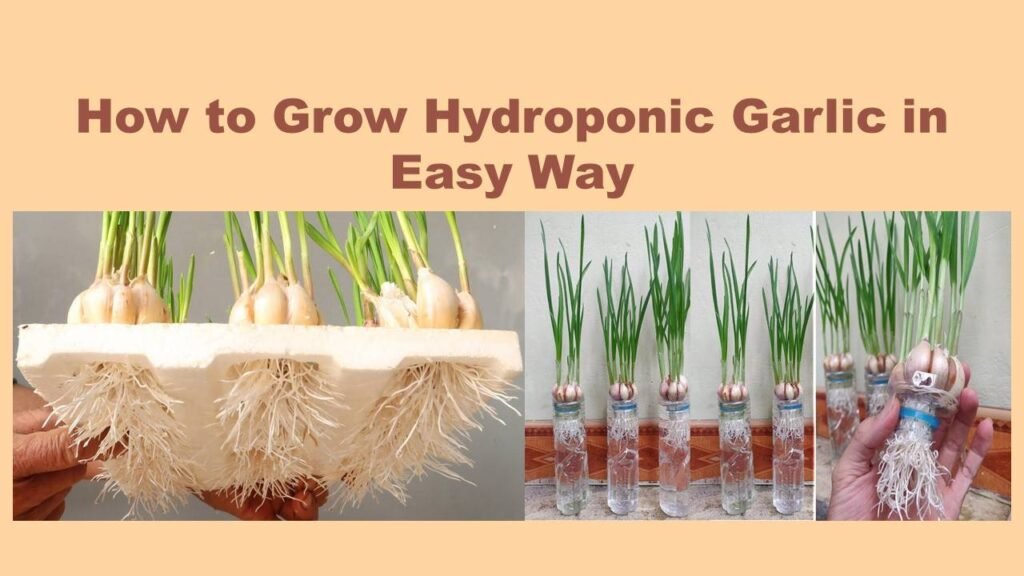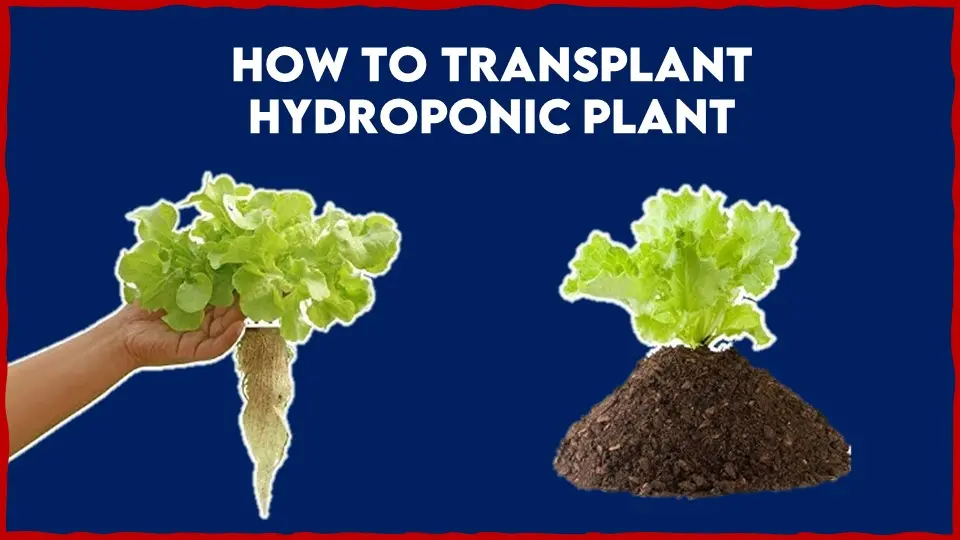Difference between Hydroponics vs Aquaponics
You might have heard the terms Aquaponics and hydroponics, but the question that might come to mind is: What is the difference between Hydroponics vs Aquaponics ? In this article, we have covered a detailed comparison between Hydroponics and Aquaponics.
What is Hydroponics ?
Hydroponics is a system of growing plants without SOIL. Plants are grown using nutrients supplied through water, and lighting is provided to help the plants’ growth. Many gardeners are beginning to realize the value of Hydroponically grown vegetables, greens and flowers. Hydroponics quickens the growth process thereby yielding crops of better quality and quantity and quicker. Hydroponically grown plants are not dependent on the weather; you can grow them during all seasons of the year. The products are more nutritious and rewarding than their soil-grown counterparts. Soil-grown plants depend on microbes and thousands of other micro-organisms to provide them with nutrients. Pull out any plant, thoroughly wash it and check the roots under a magnifying glass – you can still see microbes attached to the plant’s roots
What is Aquaponics ?
Aquaponics (or pisciponics) is a method of food production that integrates aquaculture (growing aquatic animals) with hydroponics (growing plants) where inorganic mineral nutrients and pesticides are almost completely eliminated. This symbiotic relationship facilitates a sustainable system with little input necessary. Good bacteria build up, which then convert the toxins produced from fish waste into nutrients used by plants. By absorbing these nutrients, the plants filter the water, giving the fish a livable environment. This cycle helps keep the tank in good shape for both fish and plants.
Aquaponics systems range from those designed for hobby or backyard food production through to those designed for commercial scale production of fish and plants for sale. Natural chemicals and the fish food are the only additives to the aquaponics system. Anything added to the system to boost plant growth will most probably harm the fish and possibly the bacteria colony. There are a few exceptions to this, Including the use of liquid seaweed, small amounts of chelated iron, and a few minerals to adjust pH.
Difference between Hydroponics Vs Aquaponics
| Aspect | Hydroponics | Aquaponics |
| System | Plants are grown under highly optimized conditions. | It is an ecosystem where plants, fish, bacteria, and worms live together in a symbiotic relationship. |
| Beneficial bacteria can be added for better plant growth and to combat pests. | It is a multi-faceted system where one component affects one or more other components. | |
| Food | Only vegetarian food. Fish are not grown or harvested. | Produces vegetarian and fish (or other aquatic animals) food. |
| Nutrients | Nutrient management is complex and hectic. | Managed by achieving balance within the ecosystem. |
| Hydroponic nutrients are delivered in mineral salt form. | Nutrients are derived from organic waste from fish, with very little salts. | |
| Nutrient solution must be regularly replaced to maintain balance. | Only water top-up in the fish tank is required. Replacement is needed only in severe, unexpected problems. | |
| Over fertilizing can immediately burn plants. | No over-fertilization occurs in a fully cycled, well-established system. | |
| Different nutrient composition is required for each crop. | Fish waste is converted to nitrates for all crops. | |
| pH Levels | Optimal range is 5.5 to 6.0. | Compromised levels between plants, fish, and bacteria, usually 6.4 to 7.0. |
| Water Temperature | Maintained according to the requirements of plant variety and stage. | Selection of fish and plants is based on survival under the same optimum temperature range. |
| Sustainability | Nutrient concentration becomes imbalanced with time. | A healthy aquaponics system improves over time as it matures. |
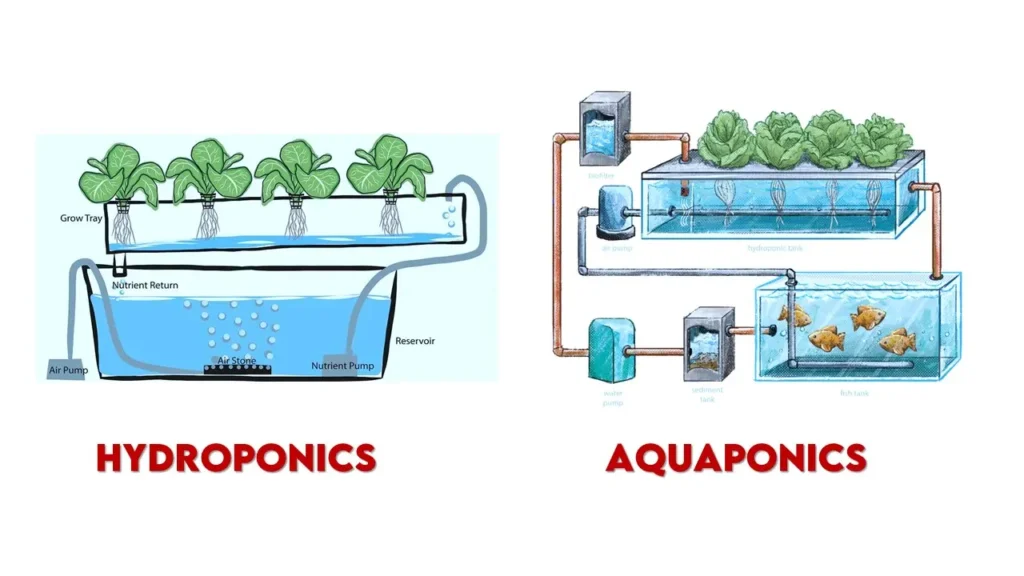
Hydroponics vs Aeroponics
So basically aeroponics is a types of hydroponics system where plant roots are exposed in air and water are provided in mist form. Here are types of hydroponics system that give you clear idea about hydroponics system:
1. Solution Based Hydroponics
- Nutrient Film Technique (NFT)
- Deep Flow Technique (DFT)
- Wick Hydroponics
- Ebb and Flow (Flood and Drain System)
2. Media Based Hydroponics
- Grow Bag Technique
- Drip System
3. Aeroponics
I hope you find this article useful. Keep reading…
Latest Post
- Nutrients Required for Hydroponic Farming
- Types of Grow Light for Hydroponics
- Factors Affect Nutrient Solution in Hydroponics
- How to Maintain pH and EC in Hydroponics System
- How to Clean Hydroton Clay Pebbles For Reuse
- How to Clean Hydroton Clay Pebbles for Reuse
- Role of Grow Light in Hydroponics
- How to Grow Hydroponic Peppers (Bell Peppers Hydroponics)
- Aeroponics vs Hydroponics vs Aquaponics
- Difference between NFT and DFT Hydroponics : What’s best for you?
- Can You Grow Watermelon Hydroponically : Hydroponic Watermelon
- Best Vegetables for Hydroponics System
- How to Grow Hydroponic Kale : Step by Step GUIDE
- How to Prevent Root Rot in Hydroponics
- Can You Grow Blueberries Hydroponically?
Join Our Hydroponics Growers Group!
Connect with fellow hydroponics enthusiasts, share your ideas, ask questions, and grow together as a community.
👉 Join WhatsApp Group
